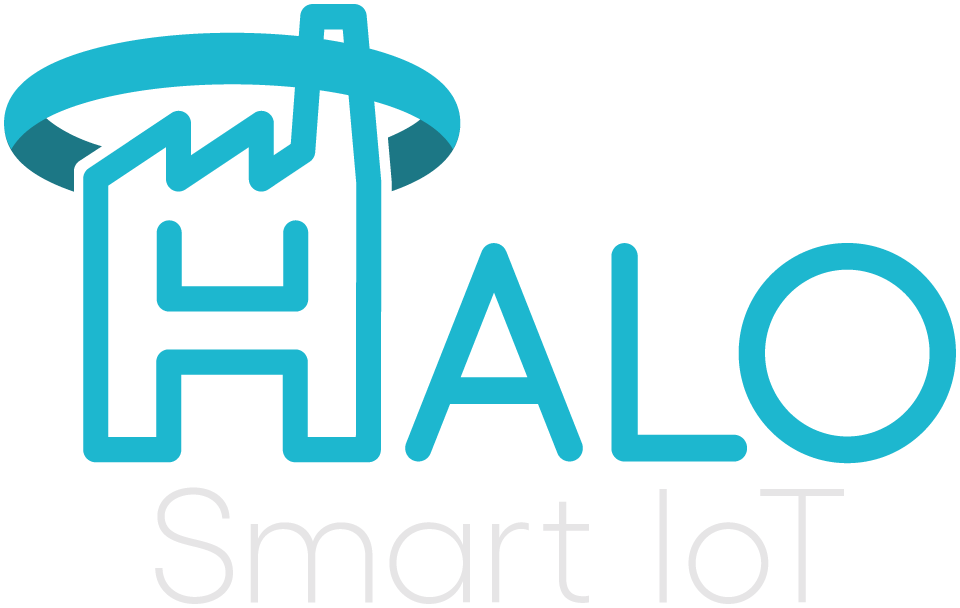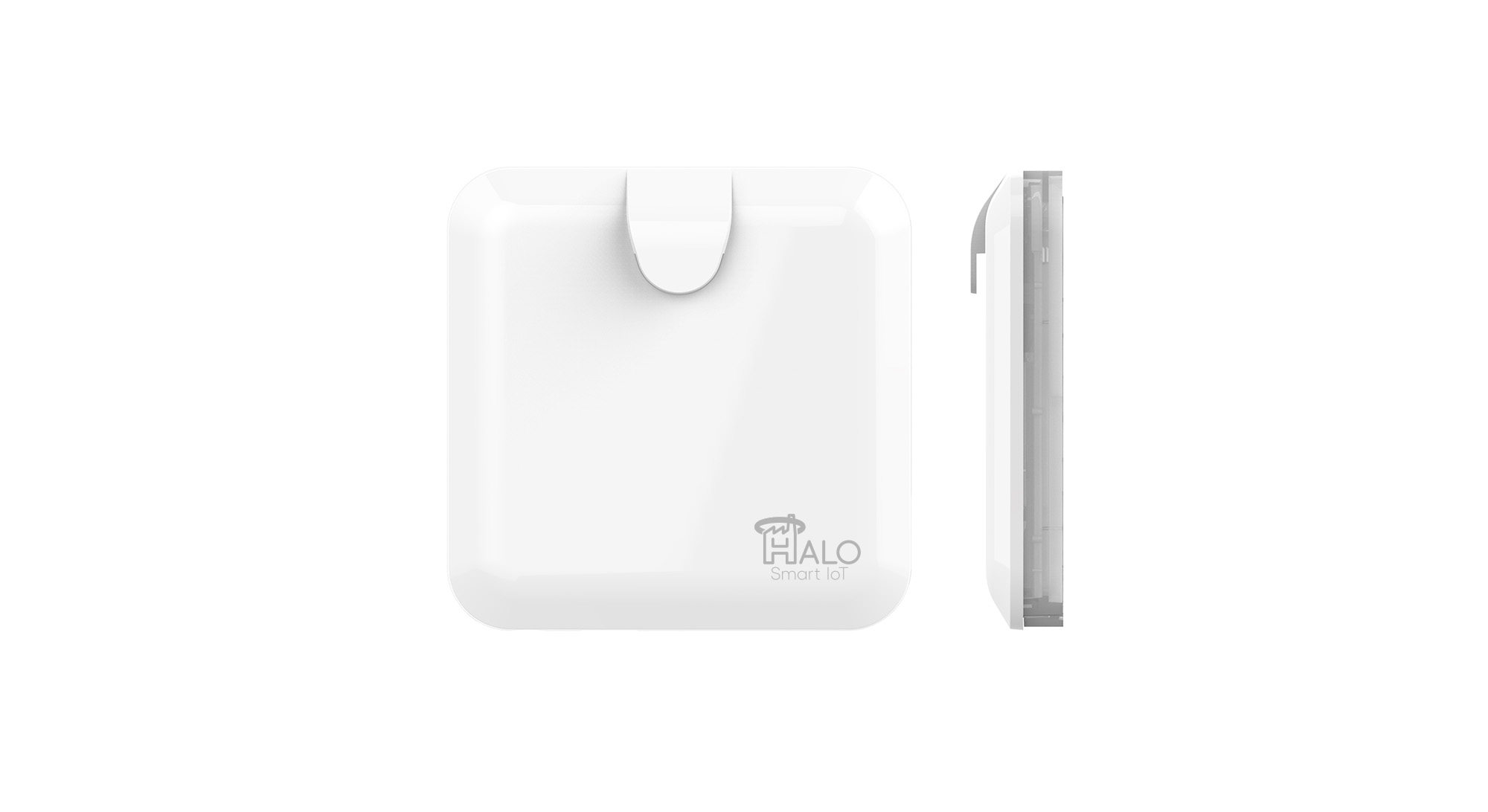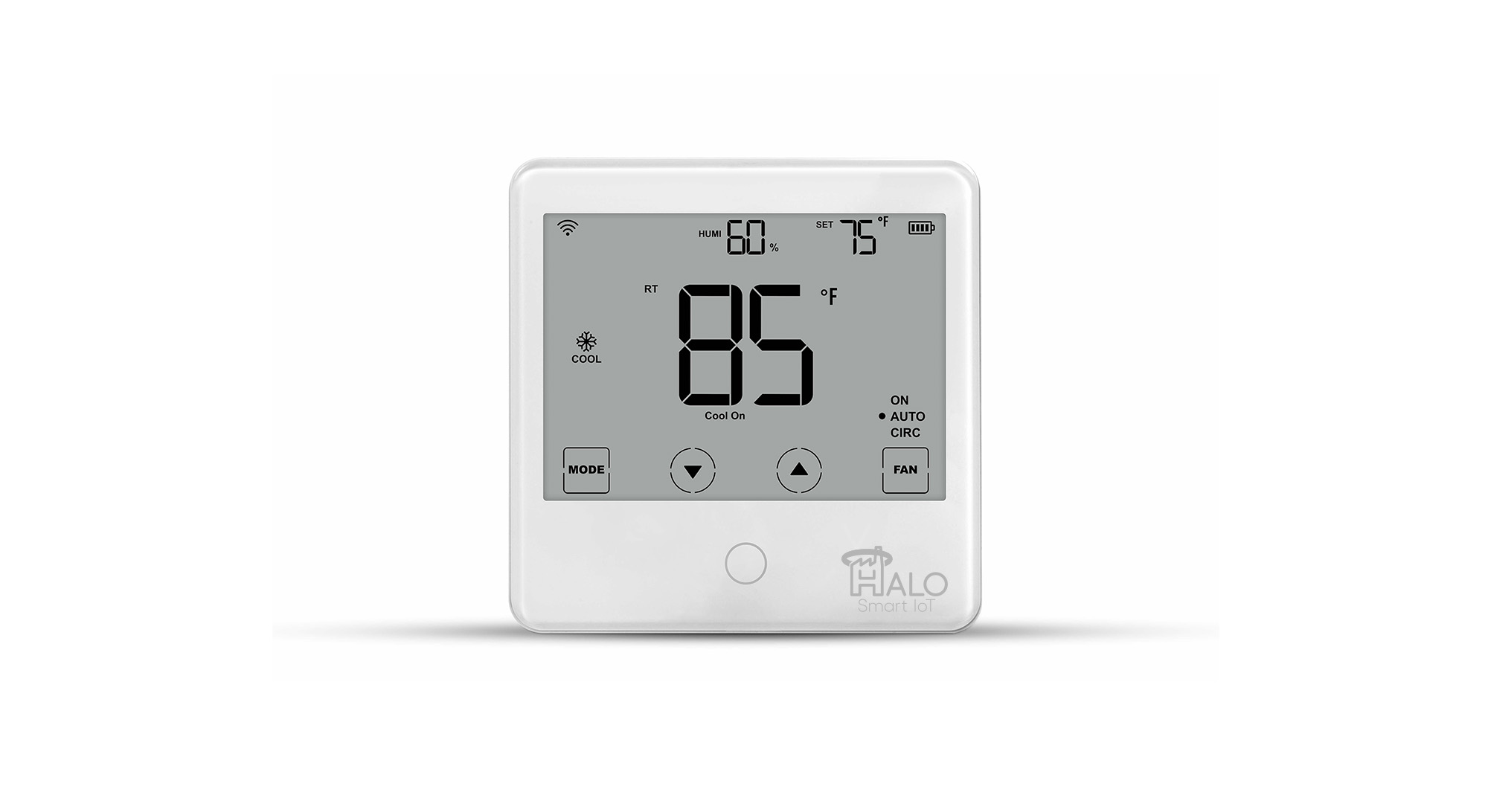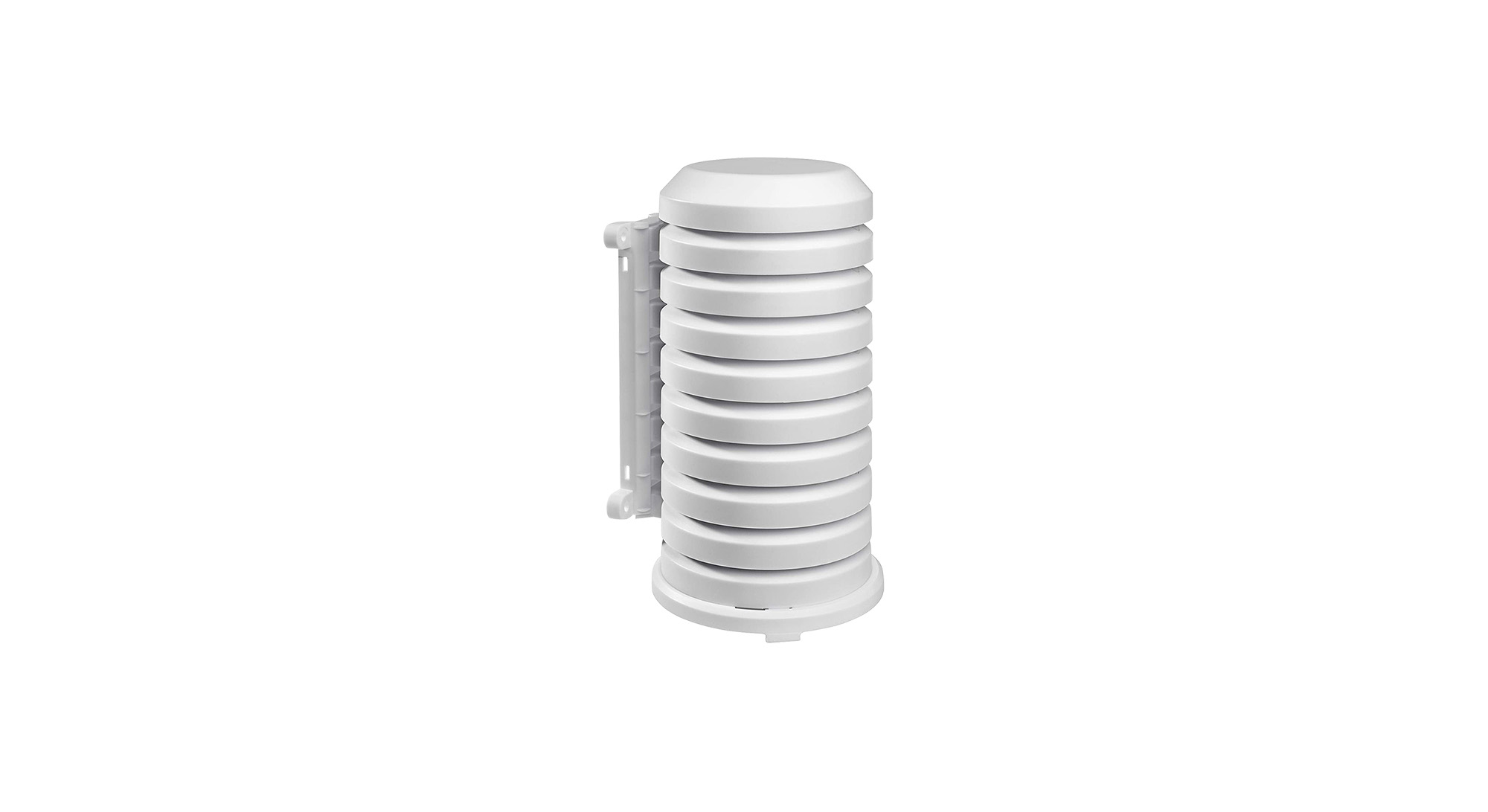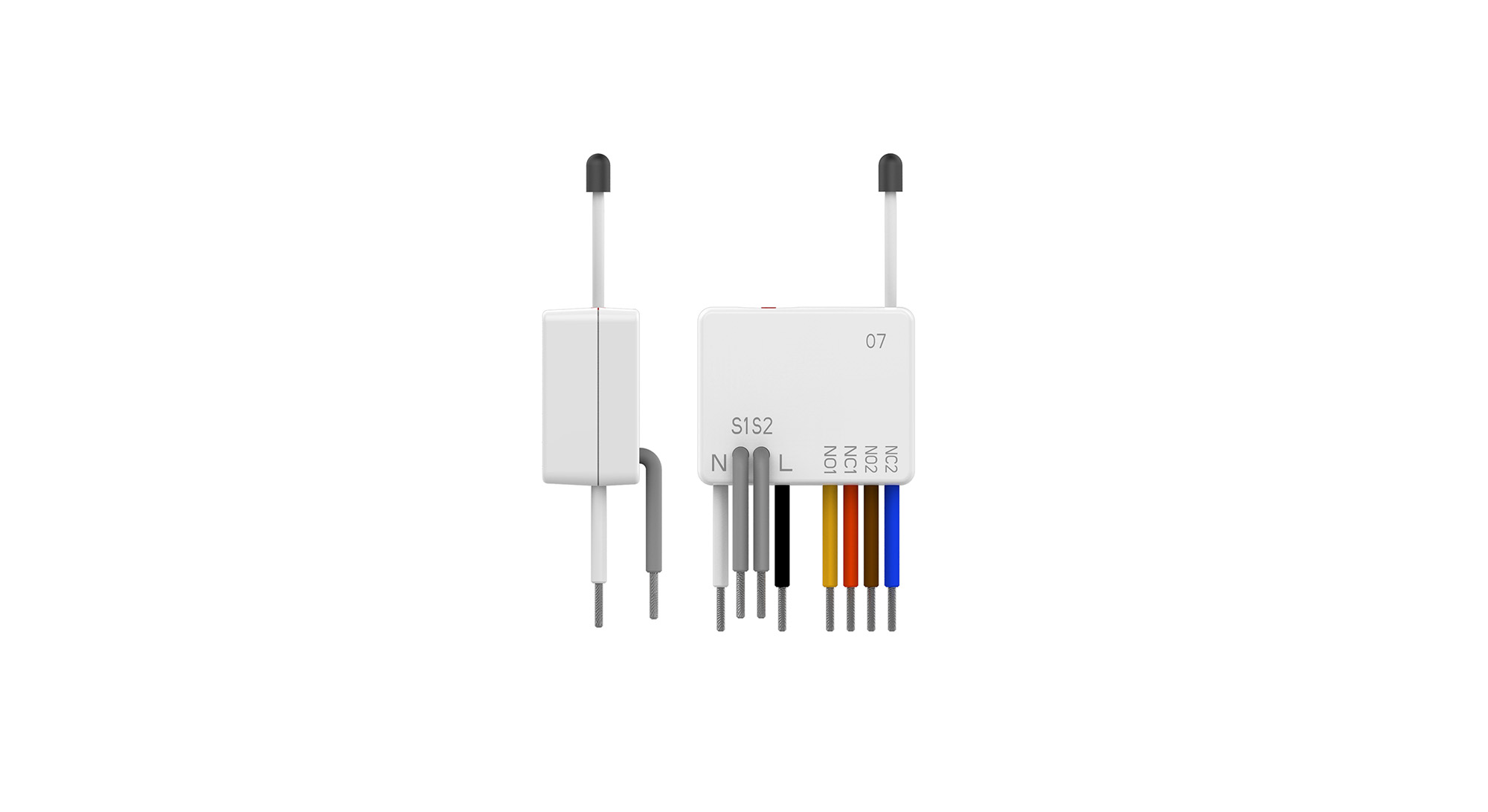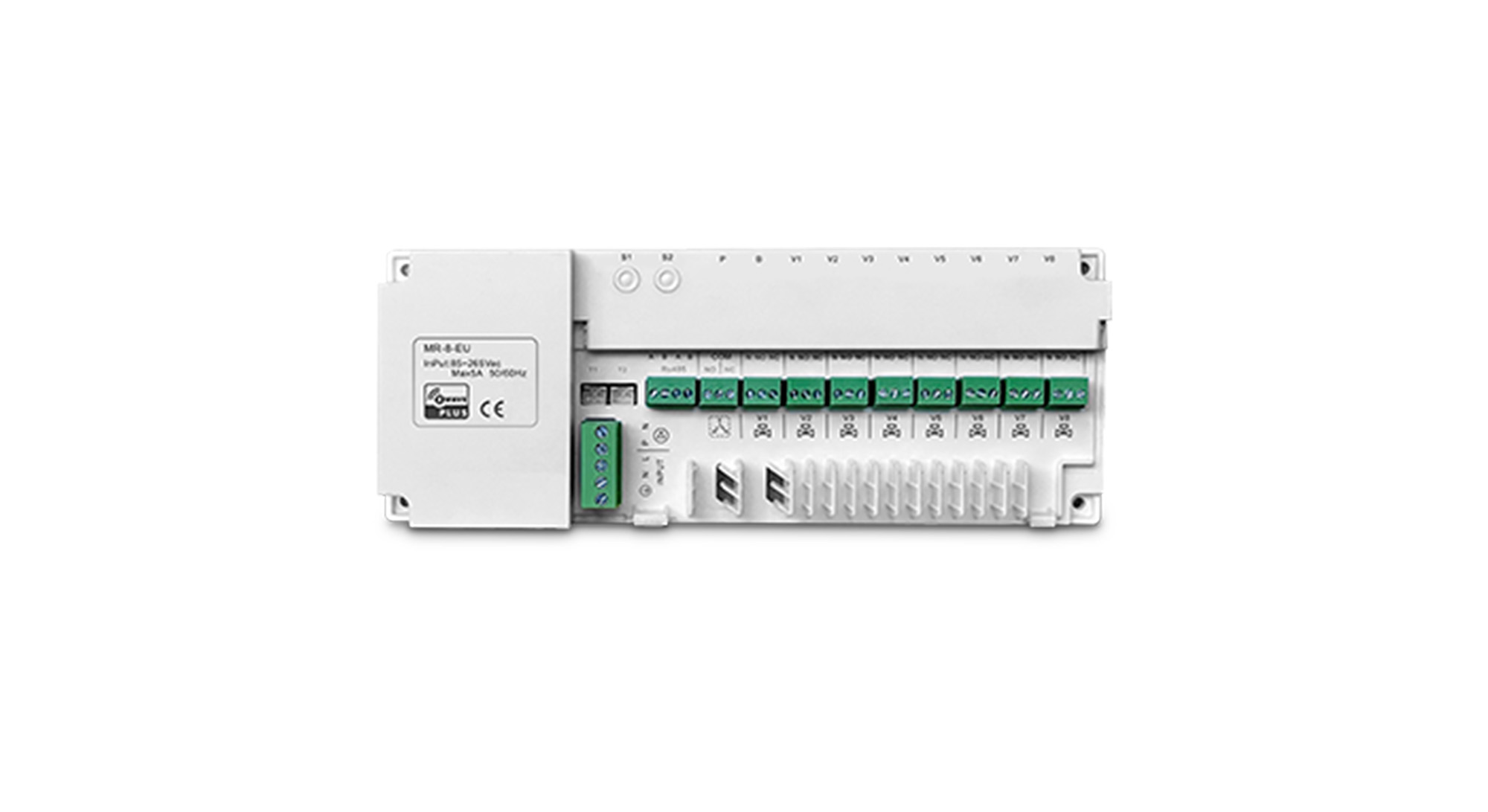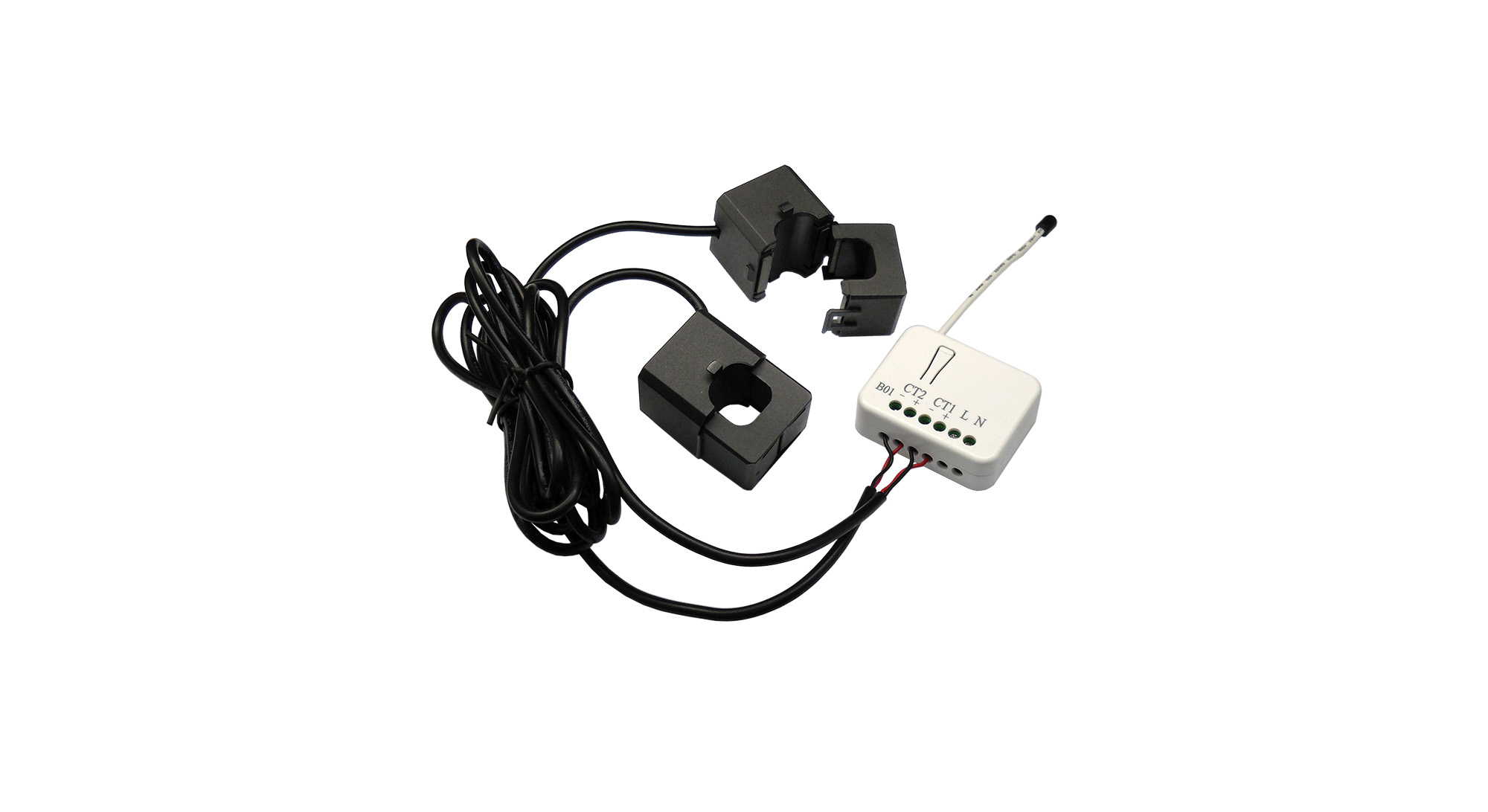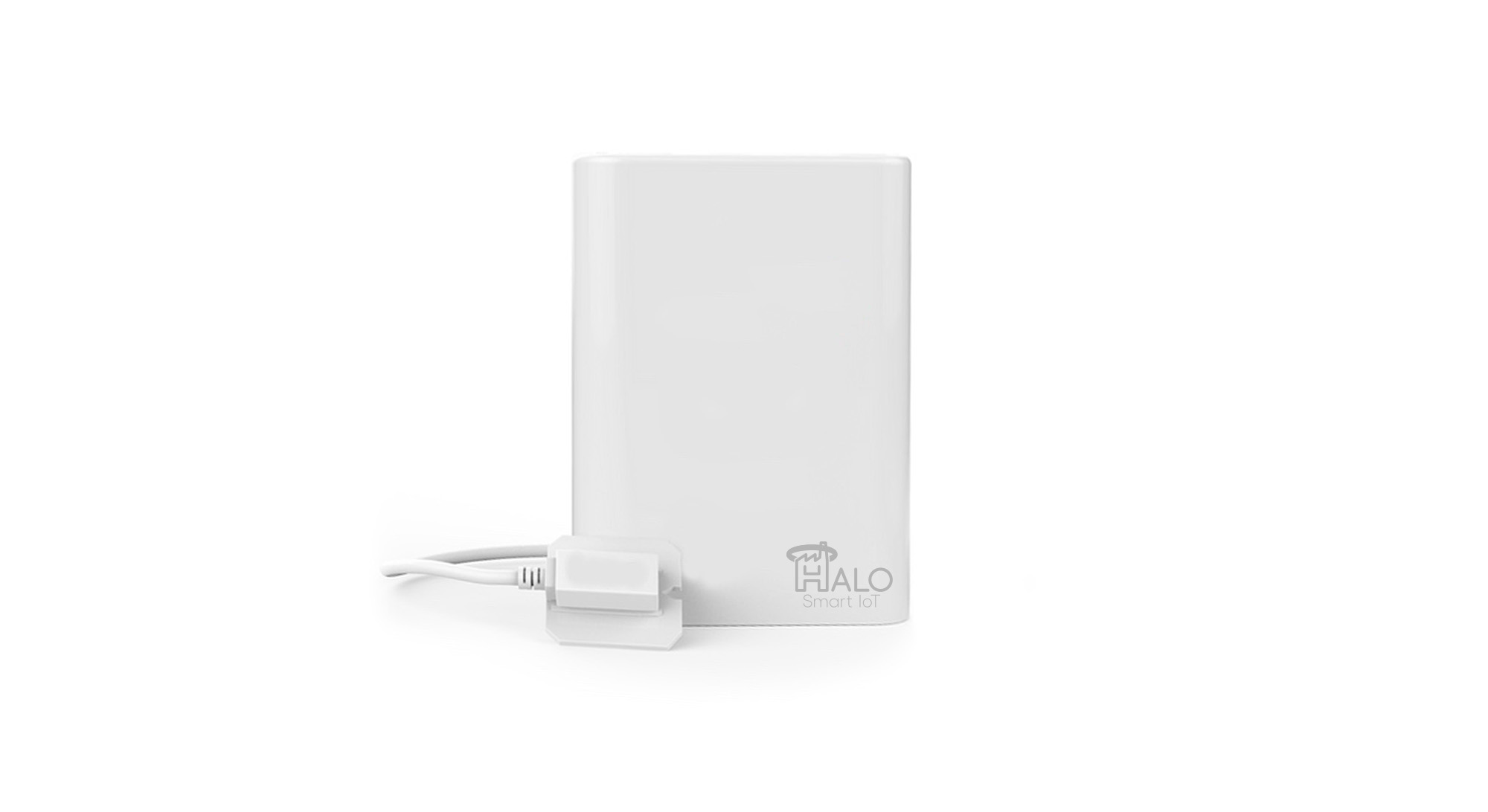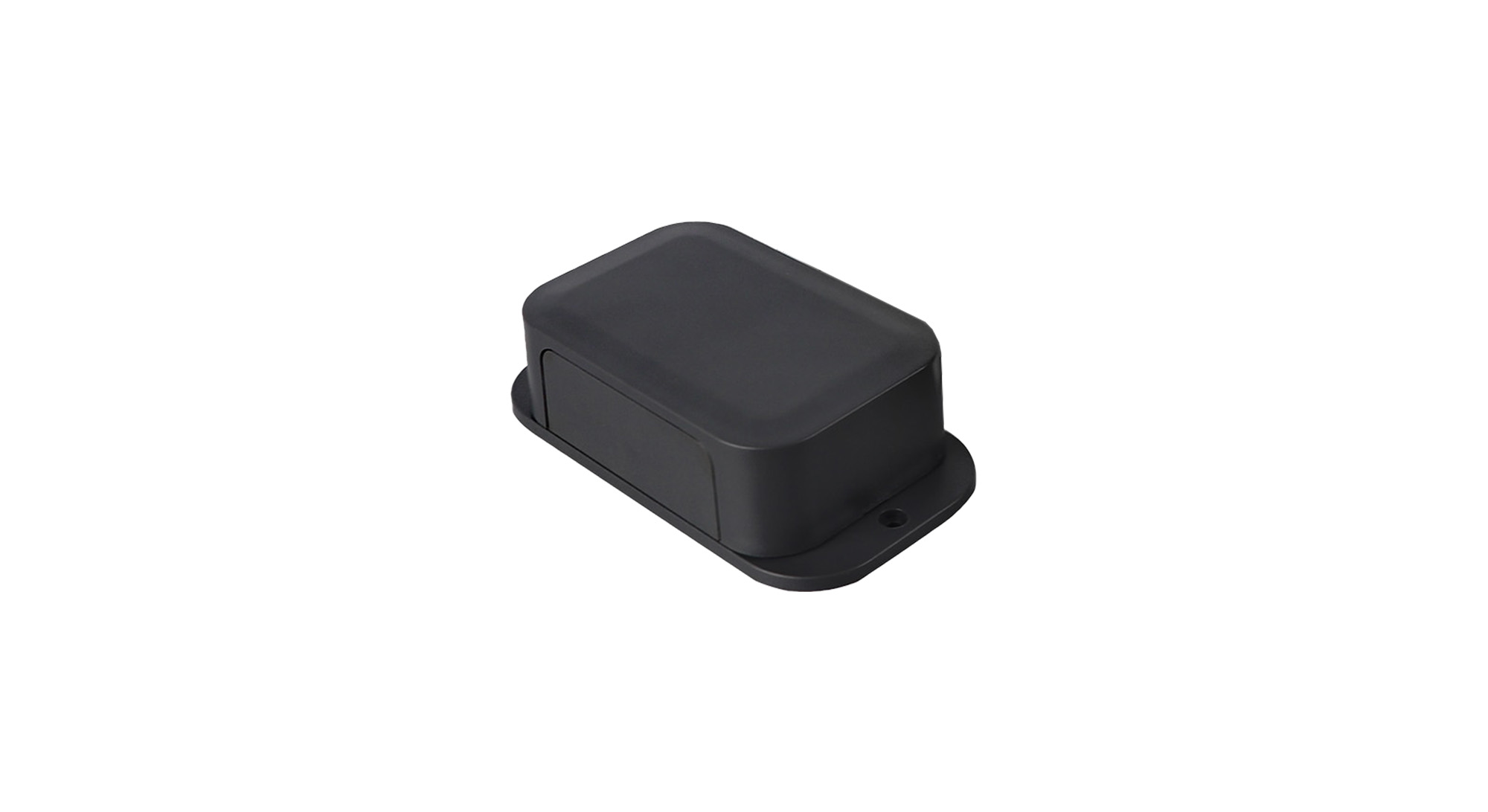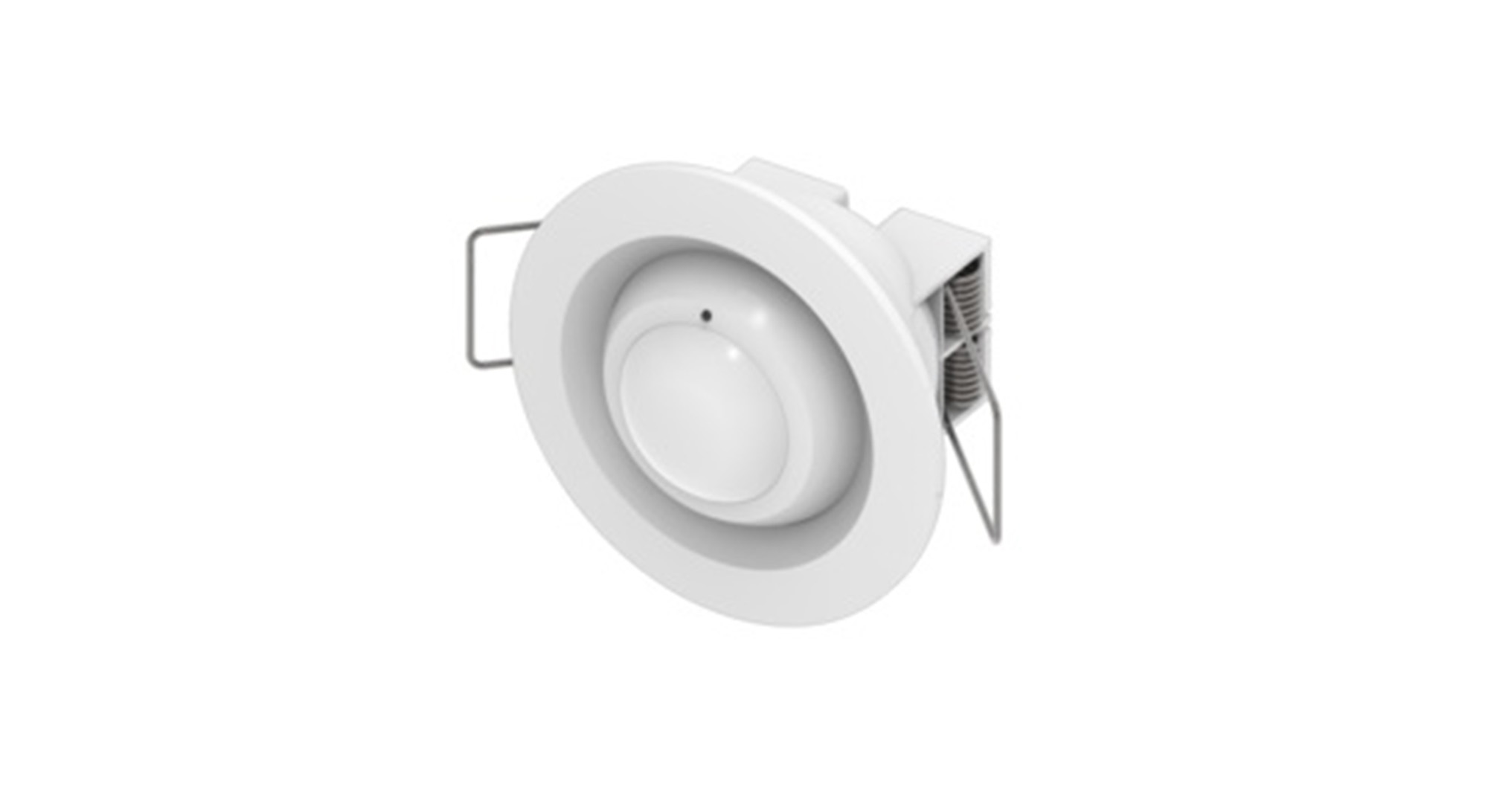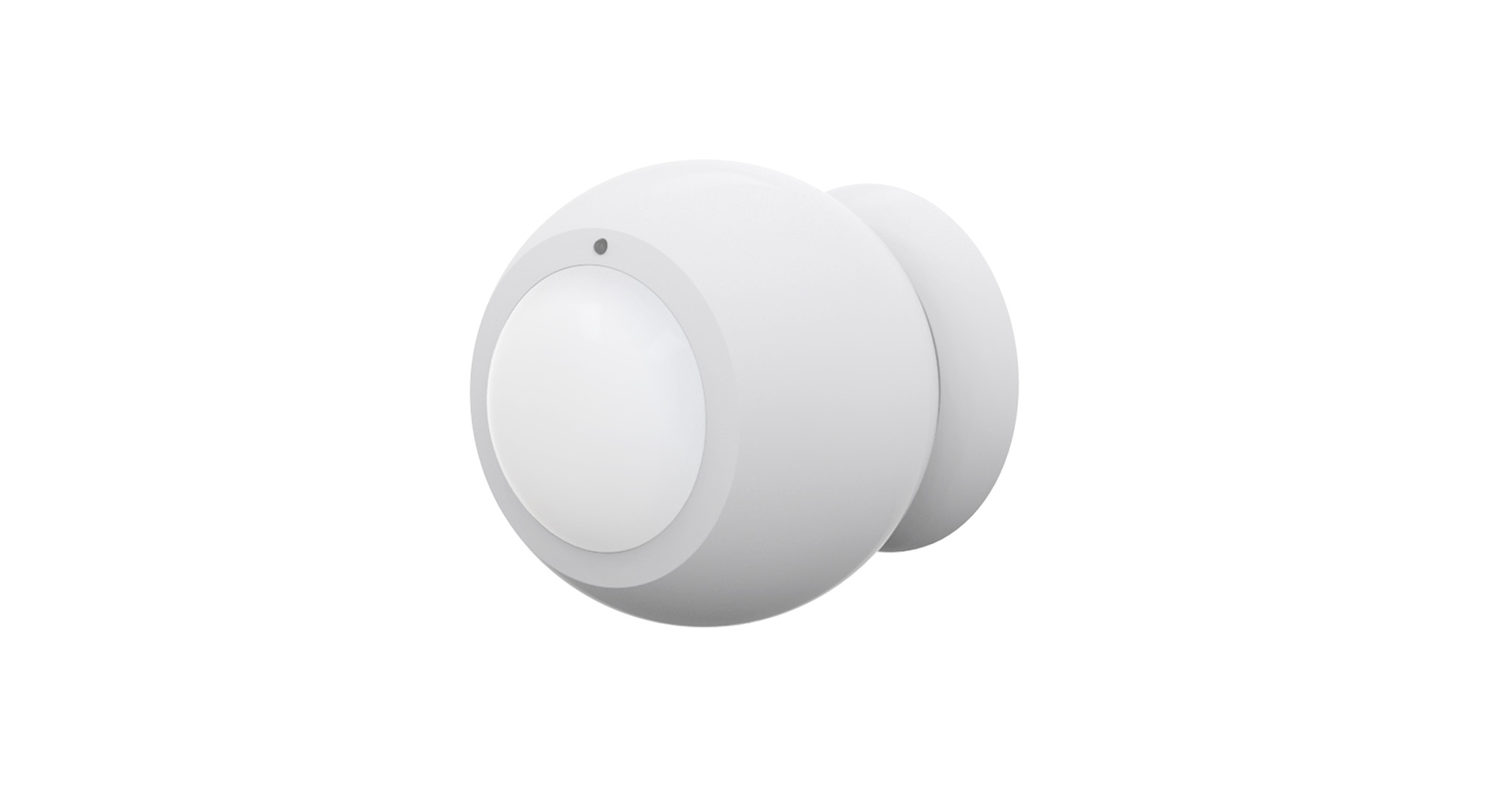Fuel poverty detection & monitoring
In challenging times, the need for a warm and safe home is a fundamental requirement for every individual. Tenants rely on their landlords to prioritise their safety and wellbeing, ensuring that their basic needs are met
Identify at-risk households
Accurate and detailed data on household energy consumption patterns
IoT sensors monitor residences in order to identify households that are at risk of fuel poverty. Sensors collect data on energy usage patterns and temperature levels in homes, allowing for a comprehensive understanding of the energy efficiency of a household.
By analysing data, Halo smart solution identify patterns that indicate a higher risk of fuel poverty. With this knowledge, interventions can be implemented to help these households reduce their energy bills or connecting them with energy assistance programs.
Impact of the issue
A multi-faceted challenge
Fuel poverty is a multifaceted problem, characterised by households unable to afford sufficient heating. Its root causes encompass low income, soaring energy expenses, and energy-inefficient housing.
The repercussions of fuel poverty are far-reaching and diverse. Insufficient heating access can trigger health and mental health concerns, including respiratory issues and damp-related illnesses. Fuel poverty often leads to financial distress, leaving households struggling to meet their basic needs.
Landlord benefits
Identifying and Supporting Households at Risk of Fuel Poverty
Real-time Insights
IoT sensors play a crucial role in mitigating fuel poverty by offering real-time insights into energy usage and indoor environmental conditions within homes. This data is instrumental in recognising energy consumption patterns and areas for enhancement.
Energy Efficiency Practices
Analyzed data reveals areas of concern that prompt property managers to enhance energy efficiency and promote optimised energy consumption practices
Targeted Support
Identifying households at risk of fuel poverty enables targeted support and intervention to prevent or alleviate the issue.
Hardware
A scalable solution, that allows easy expansion of the benefits by adding specialised hardware
Our clients




